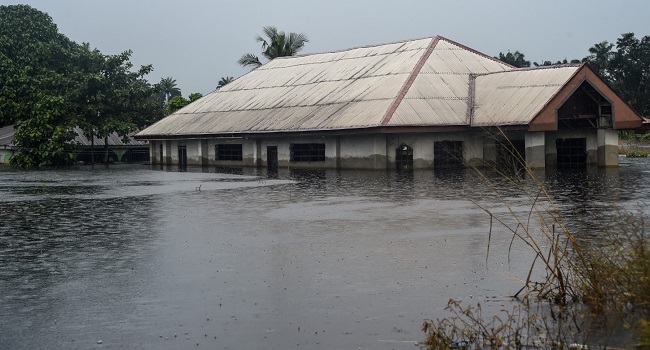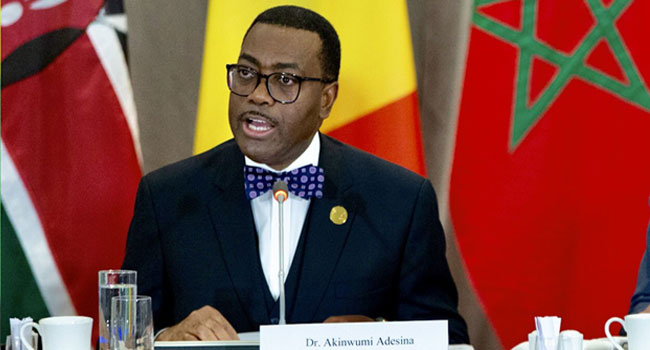
Professor Banji Oyelaran-Oyeyinka says Nigeria needs to use technology to mitigate the impact of the flood on the people and to ensure they are not left to their sufferings.
“Nobody wants any of these natural disasters all over the world but we need to use technology to mitigate the impact on our people and to ensure that we don’t leave people to their sufferings,” Oyelaran-Oyeyinka, who is the Special Adviser on Industrialization to the President of the African Development Bank (AfDB), Akinwumi Adesina said on Channels Television’s Sunrise Daily on Monday.
He said in 2012, a similar flood was checked through the use of science and technology.
“I believe that as it happened in 2012 when Dr Adesina was Minister of Agriculture, remember we had a very severe flood in 2012 and many people were predicting apocalyptic scenarios that there is going to be a food shortage, crisis, and all of that but using technology and science at that time, the country was able to turn things around and that was when the dry season farming was started using exactly the receding flood and also to use science.
“Now as we speak, most of the time when things like this happen, there is a tendency for people to panic which is understandable, especially those who are affected but what we need to do now is to establish exactly how much of our farmlands are affected, how much of the communities are affected, how much of the crops planted that are destroyed.”
READ ALSO: Produce Flood-Prevention Plan Within 90 Days, Buhari Directs Water Minister
The AfDB representative also spoke about the launch of the Special Agro-industrial Processing Zones (SAPZ), a programme initiated by the bank.
The African Development Bank is providing funding of $210 million, with the Islamic Development Bank and the International Fund for Agricultural Development (IFAD) jointly providing $310 million, with the Nigerian government contributing $18.05 million.
The launch ceremony on Monday in the capital, Abuja kick-starts the implementation of phase one of the SAPZ program in eight states across the country.
Oyelaran-Oyeyinka acknowledged that the way state governments have responded to the flood situation may be a source of concern to investors in the agriculture sector, but he charged the leaders to do better than they are doing.
“The way society is designed is such that you have to mitigate risks, you have to put in place risk measures that will also anticipate these kinds of things. For the Special Industrial Processing loan for example, as you said if I read between the lines you are talking about the capacity of the states.
“You and I know that most developing countries like ours do not have so much capacity. As you can see in terms of the global hunger index, we are ranking extremely low. So, it speaks to the capacity of the states for service delivery, but I don’t want us to focus too much on that negativity, it’s actually very depressing that a country like ours will be featuring so low on nutritional food security. We shouldn’t have been where we are, that’s clear to me but it shouldn’t stop us also from action,” he said.




